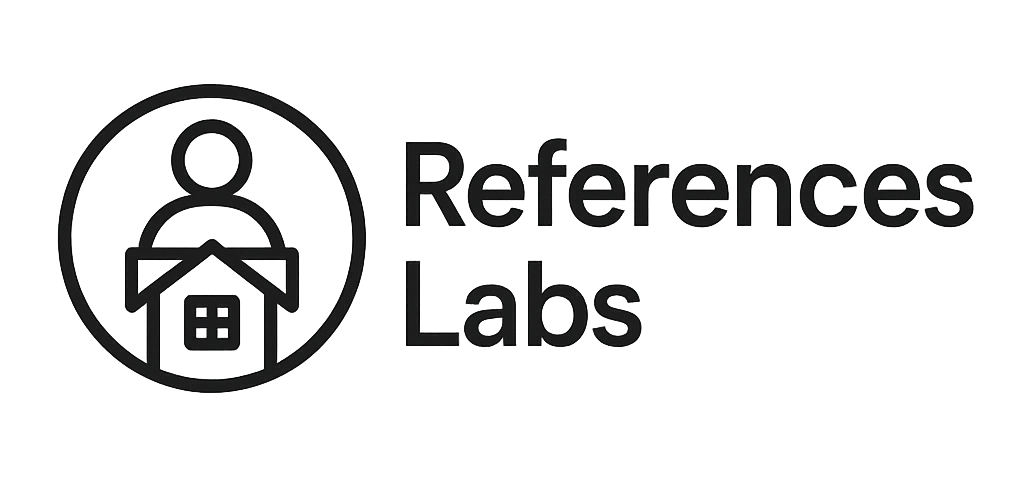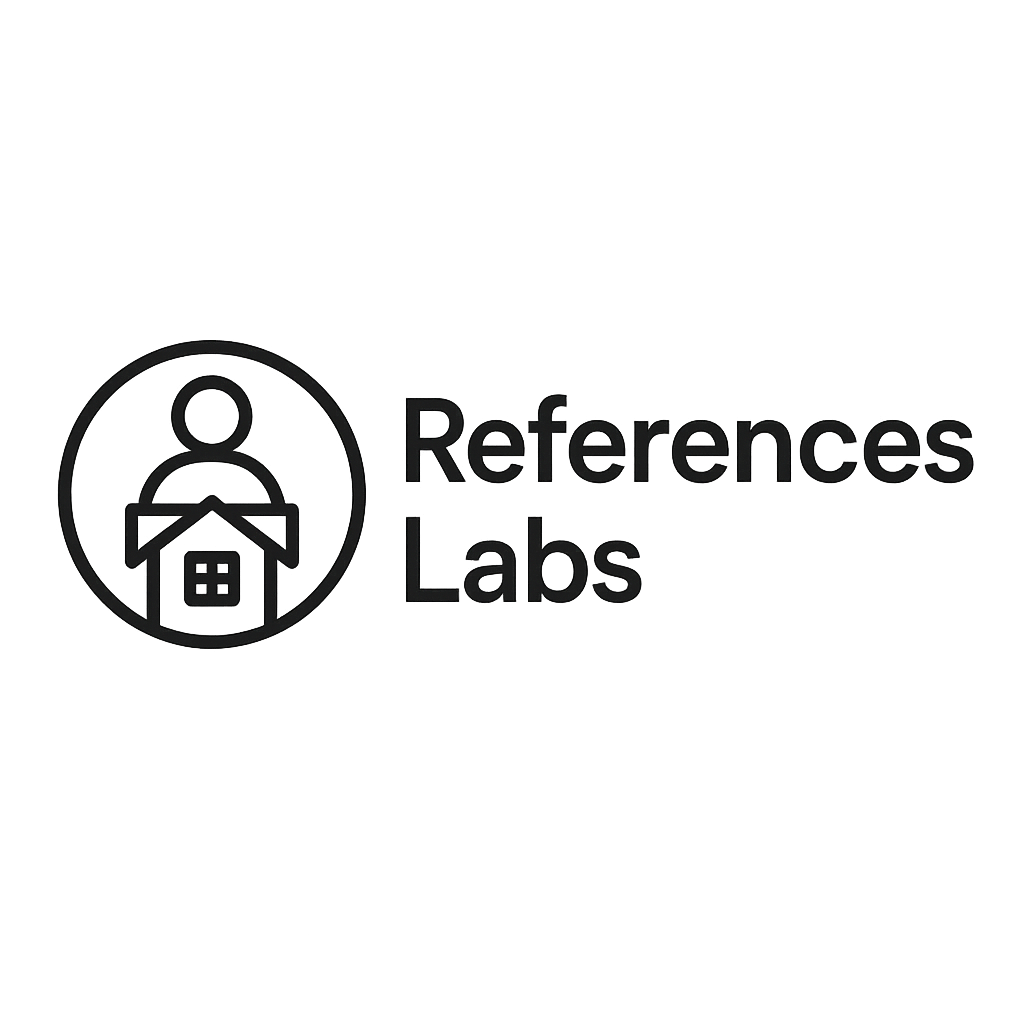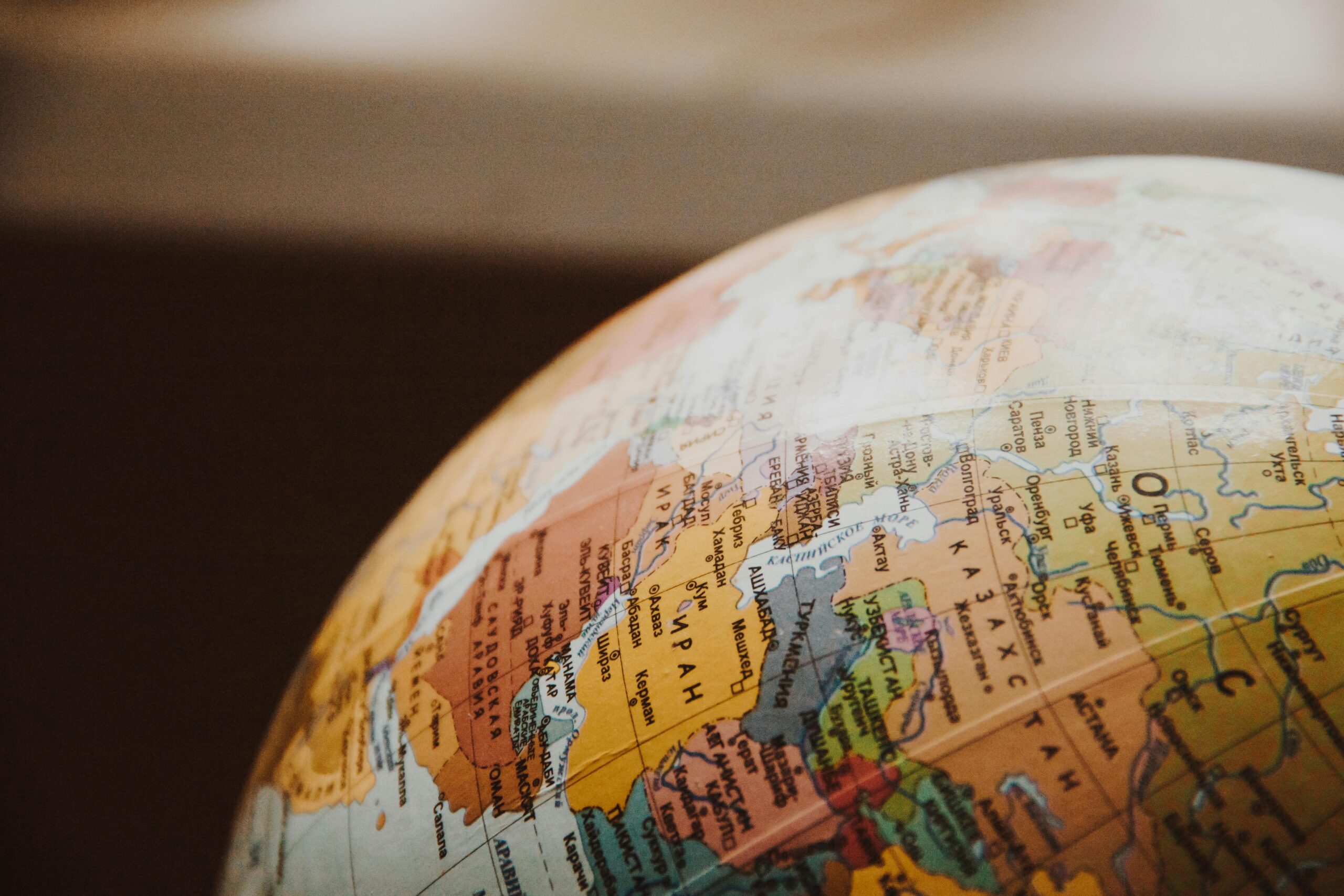Digital nomads are reshaping the way we think about work and lifestyle, creating a new paradigm where freedom and flexibility take center stage.
In this article, we will explore how digital nomadism is transforming global lifestyles and economies, the benefits and challenges associated with this way of life, and how remote work is expected to evolve in the future.
- What is Digital Nomadism?
- The Benefits of Being a Digital Nomad
- The Challenges of Digital Nomadism
- Impact on Global Economies
- The Future of Digital Nomadism
- Conclusion
What is Digital Nomadism?
Digital nomadism refers to a lifestyle where individuals leverage technology to work remotely, allowing them to travel and live anywhere in the world. Unlike traditional office-based work, digital nomads don’t need to be tethered to a specific location. Instead, they can work from any place with a reliable internet connection.
The rise of remote work, fueled by innovations in cloud computing, high-speed internet, and communication tools like Slack and Zoom, has made this possible. Digital nomads typically work in fields such as tech, marketing, design, writing, and consulting—jobs that require more cognitive skills than manual labor.
In my experience, the flexibility of remote work is one of the biggest draws. You can adjust your working hours, live in different countries, and experience new cultures, all while maintaining your career. Digital nomadism, therefore, represents a merging of work and lifestyle in a way that was previously unimaginable.
The Benefits of Being a Digital Nomad
The digital nomad lifestyle offers unparalleled freedom and flexibility. As a digital nomad, you can choose where to live, what to work on, and even who to work with, all while enjoying a more relaxed and fulfilling lifestyle. This autonomy can lead to a better work-life balance, as you can schedule your work around your personal life and vice versa.
One of the primary benefits is the ability to explore the world while still maintaining a steady income. Whether it’s waking up to the sound of the ocean or exploring ancient ruins during the weekend, being a digital nomad allows you to experience a deeper connection to the places you visit. You’re not just a tourist—you’re part of the local community, contributing to the economy while learning new languages, traditions, and perspectives.
From a professional perspective, digital nomadism also offers the chance to work on a wide variety of projects with clients from around the world, creating opportunities for professional growth and networking. For me, personally, I find that working remotely has enhanced my productivity and creativity, as the flexibility allows me to work during my most productive hours.

The Challenges of Digital Nomadism
While the digital nomad lifestyle is appealing, it comes with its own set of challenges. One of the most significant hurdles is time management. Working from different time zones, balancing multiple clients, and dealing with distractions while traveling can make it difficult to maintain a consistent routine. Finding the right work-life balance is crucial to avoid burnout, and this often requires constant self-discipline.
Another challenge is social isolation. Although traveling can be exciting, it can also be lonely at times. Many digital nomads miss the sense of community that comes with working in a traditional office setting. The lack of social interaction can lead to feelings of isolation, especially for those who are traveling solo.
Moreover, financial instability can be a concern for some digital nomads. Without a traditional paycheck, many remote workers rely on freelancing or contracting, which can be unpredictable. For this reason, it’s essential to have a financial cushion and a reliable network of clients.
In my own experience, I’ve learned to create a balance by setting strict work hours, finding local communities of digital nomads, and budgeting carefully to ensure financial security. The freedom that comes with this lifestyle is immense, but it requires careful planning to make it sustainable.
I would rather own little and see the world than own the world and see little of it.
Alexander Sattler
Impact on Global Economies


The rise of digital nomadism is reshaping the global workforce in unexpected ways. As more companies embrace remote work, digital nomadism is no longer a niche movement but a mainstream trend. This shift is contributing to the growth of the freelance economy and decentralizing the workforce, allowing employees to work from anywhere and employers to tap into global talent pools.
One of the positive effects of digital nomadism is its ability to boost local economies, especially in regions that attract nomads, such as Southeast Asia, Central America, and Eastern Europe. Digital nomads often spend money on accommodations, food, entertainment, and local services, benefiting small businesses and communities. In many cities, the influx of remote workers has led to the rise of co-working spaces, cafes, and networking opportunities that cater to this growing demographic.
However, this shift can also create economic inequalities. While some countries benefit from an influx of remote workers, others face challenges in adapting to a globalized workforce. Many developing countries lack the infrastructure needed to support remote workers, and not all workers have equal access to the technology required for digital nomadism.
The Future of Digital Nomadism: Will It Become the New Normal?
As the world becomes increasingly connected, the future of digital nomadism looks bright. The rise of 5G networks, improved cloud technology, and the growth of the gig economy are expected to accelerate the trend of remote work, making digital nomadism more accessible to a wider range of people.
Countries and cities are already adapting to this shift by offering special visas for digital nomads, allowing them to live and work legally in countries that were previously difficult to access for remote workers. Cities like Bali, Lisbon, and Mexico City are becoming hubs for digital nomads, attracting people from around the world with their low cost of living, vibrant culture, and beautiful landscapes.
Despite the growth of remote work, some challenges remain, such as the need for better digital infrastructure and more flexible legal frameworks. As the demand for remote work continues to grow, the job market will likely shift, with more companies offering fully remote positions, potentially making digital nomadism the new norm for the global workforce.
Conclusion
Digital nomadism is more than just a trend; it represents a fundamental shift in the way we think about work and lifestyle. With the right tools, mindset, and planning, it’s possible to embrace a life of freedom and flexibility, while still contributing meaningfully to the global economy. Digital nomads are not only changing the way we work—they are shaping the future of how we live, travel, and interact with the world around us.
For those considering this lifestyle, the time to embrace it is now. With advancements in technology and the growing acceptance of remote work, there has never been a better time to explore the world while building your career. As digital nomadism becomes more mainstream, it’s clear that the future of work will be as diverse and dynamic as the people who choose to live it.
Start today—consider how you can integrate more flexibility into your work life, explore new places, and embrace the possibilities that come with a digital nomad lifestyle.









